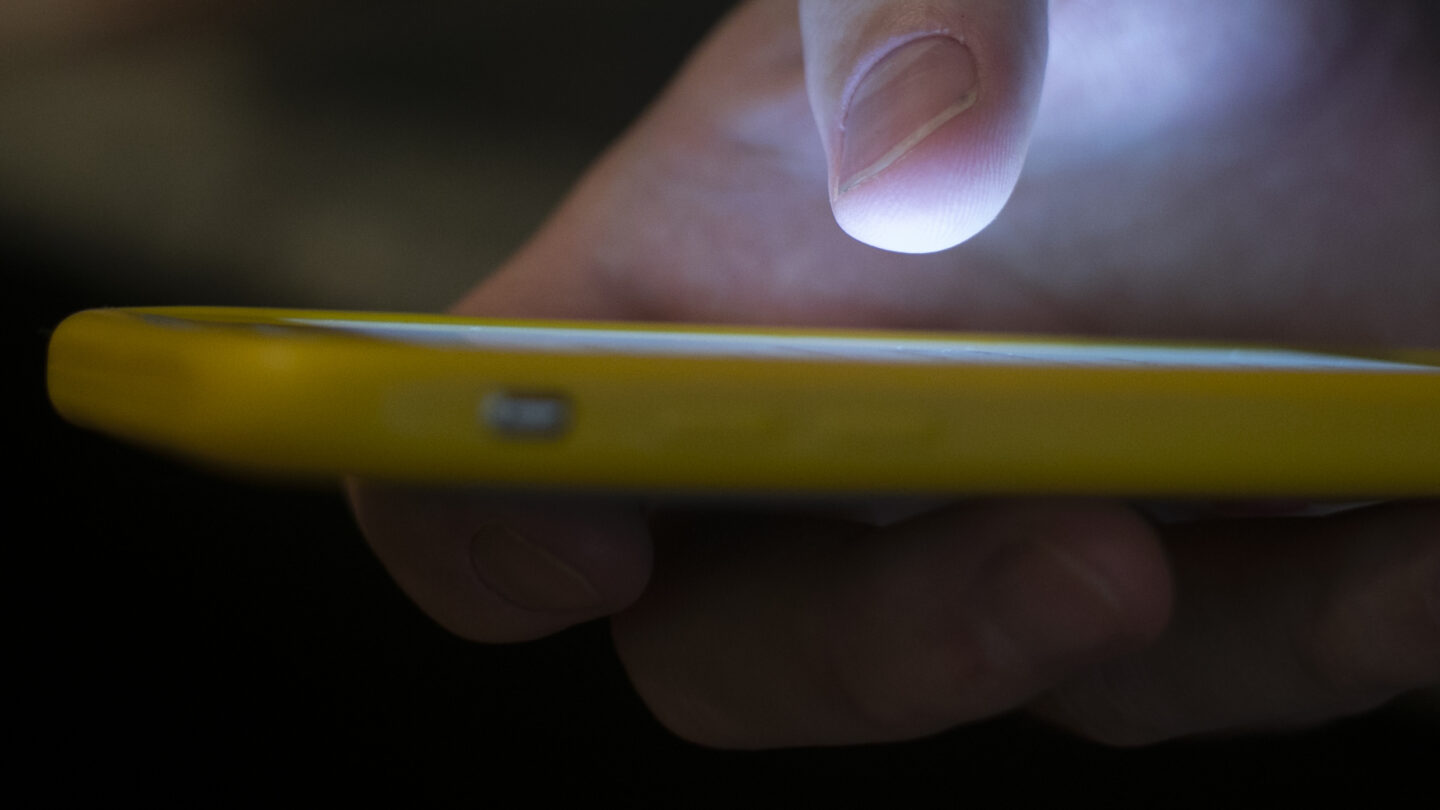Georgia officials say the state is ready to launch the new 988 crisis hotline

Beginning Saturday, Georgians experiencing a mental health or addiction crisis will have a new hotline they can call for help. The 988 number is designed to quickly connect callers to trained telephone counselors who can triage the caller’s needs and secure additional phone or in-person mental health resources if needed.
The national hotline has been in the works for several years.
Organizers say the hope behind 988 is to create an emergency number that’s as easy to remember and dial from anywhere as 911 while also better addressing the country’s growing need for mental health assistance.
Demand for such assistance has spiked in Georgia since the beginning of the pandemic, including an increase in calls routed from the National Suicide Prevention Lifeline.
Department of Behavioral Health and Developmental Disabilities Commissioner Judy Fitzgerald says she’s confident the state is prepared for an anticipated increase in calls after the 988 rollout, in part because the new phone number will use the existing Georgia Crisis and Access Line infrastructure, upgraded with an infusion of state and federal funding.
“Georgia has been building its crisis system for the last 15 years and so we have the advantage of already having a statewide crisis call center in place. And we’ve had mobile crisis units that are located in various communities throughout the state,” Fitzgerald said. “In the last 20 months, we’ve added over $20 million that state and federal funds to strategically enhance our crisis system.”
Department data from the Georgia Crisis and Access Line, operated by Behavioral Health Link under the oversight of DBHDD, show the state saw a 24% jump in call volume from May 2020 to May 2021. The highest weekly call volume to date came in June of this year, a spokesperson says.
Fitzgerald says the goal of 988 is to help reduce the stigma people often feel in talking about their mental health struggles while also removing obstacles to accessing timely treatment. And to prevent people in a mental health emergency from dialing 911.
“If you think you are in a crisis, you’re worried about your wellbeing, contemplating self-harm, or you’re a family member of someone who is in an addiction crisis, you can call 988. We want to make sure there is ready access there.”
The existing Georgia Crisis and Access Line, she says, hears from a relatively small overall percentage of callers who require immediate contact from a mobile crisis team.
Most are able to wait to see an outpatient therapist, addiction treatment provider or other licensed professional after the initial call.
Fitzgerald predicts that even as call volume likely increases with awareness of 988, these trends will hold.
This has some mental health advocates worried.
Ahead of 988’s launch, some in Georgia have expressed concern about the state’s chronic shortage of mental health providers, particularly in rural areas.
“As call volume increases, there will be a need for more behavioral health resources to address the crises and post-crisis stabilization,” said Roland Behm from the Georgia Chapter of the American Foundation for Suicide Prevention in an email.
“The challenge isn’t the phone call. The challenge is in obtaining necessary care for the reason the caller made the phone call.”
While the state has added millions in funding to beef up call-center staff, psychiatric crisis beds and other mental health resources, Behm says much more needs to be done to address Georgia residents’ needs over the long term.
“Access to behavioral health resources will continue to be a chronic challenge in Georgia, one that is addressed — in time and in part — by the Georgia Mental Health Parity Act (HB 1013), which went into effect on July 1,” he said.
The new parity law signed by Gov. Brian Kemp this legislative session aims to expand access to affordable mental health treatment and behavioral health services across the state.
It requires all health insurance plans to cover mental health conditions on par with physical health conditions, so patients can no longer be denied medically necessary treatment.
The law also sets up a new loan forgiveness program for people studying to become mental health professionals.
Assistant Professor Natasha De Veauuse Brown at the Georgia State University School of Public Health says these are all critical steps in the right direction for a state with so many unmet mental health needs, which are acute in many communities of color.
“We just have to make sure that what gets done is done right and what’s done — what’s the saying? “Do no harm,” and that they’re not doing more harm than good in these mental health facilities and creating barriers for people that make it so difficult that they throw their hands in the air and say, just forget it. I’ll just figure out a way on my own. And sometimes that’s not the best way to to to work things out.”
She and other advocates have pushed for safeguards and training standards in the state to help prevent the 988 system — and the rollout of new programs under HB 1013 — from inadvertently subjecting Black Georgians and other people of color or immigrants in crisis to mistreatment by emergency responders or police.
“And this is the damage that the mental health system is doing. And this is why there are so many advocates fighting for change in the mental health care system because it’s doing more harm than good in a lot of situations,” she said.
The 988 hotline opens for calls beginning July 16, 2022. It’s available for anyone experiencing mental health distress or a mental health crisis, thoughts of suicide, or a substance use crisis.
People can also dial 988 if they are worried about a loved one who may need crisis support.
Read more about 988 at NPR News.







